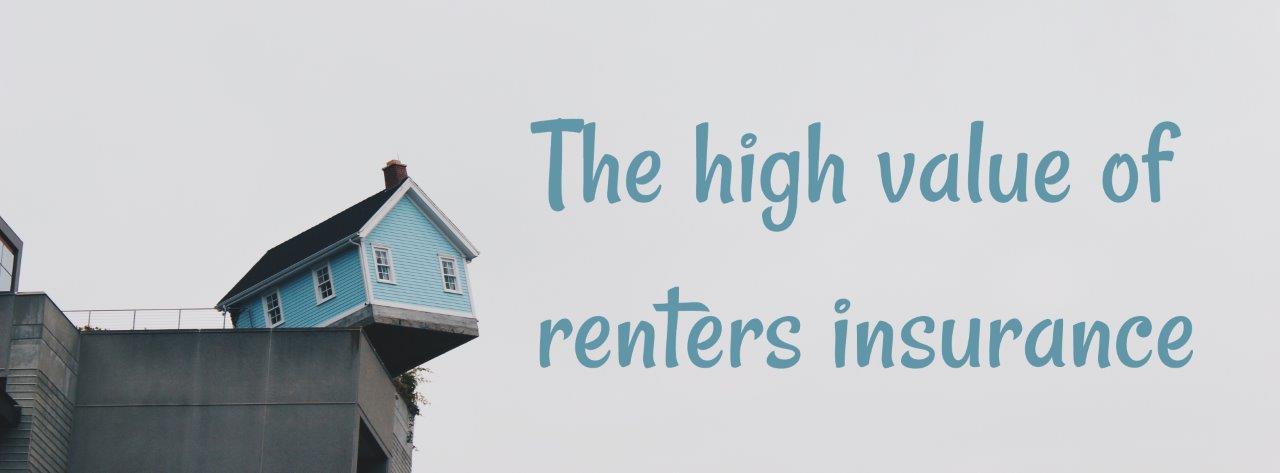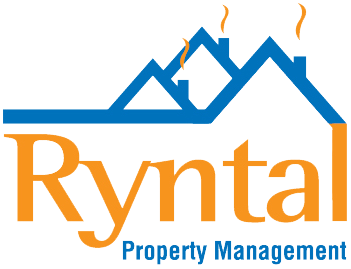
As a company, Ryntal does not require every tenant to obtain renters insurance, however, it may be required at the request of an individual homeowner or association. In this article we’re going to focus broadly on the reasons you should consider getting a policy and how much coverage you should realistically plan for.
Imagine this, there is a hurricane that knocks out your power and causes a leak in your roof. The leak leads to water damage of your personal property and the power takes two days to come back on. In this time, the food in your refrigerator has spoiled and you must throw it all away. No big deal, the home’s owner is responsible for reimbursing you for your loss, right? That’s a very common misconception we often encounter. Unfortunately for a tenant, in this scenario the owner doesn’t owe you anything. Unless you have renters insurance, the replacement cost for your personal property is all on you.
First, know that while most policies are similar, you’ll want to take some time to shop around. The cost of renters insurance is generally quite affordable. You can typically expect to pay between $100 and $250 per year, depending on where you live and the amount of coverage purchased. The national average for renters insurance is between $15 to $30 per month. It may be beneficial to check with your major bank or financial institution to see whether they offer any insurance packages that you may be able to get a deal on as a member. You may also want to contact your car insurance company to see if they offer bundling services. For example, many carriers offer the option to bundle insurance for home and auto—an option that can often save you up to 10% off the cost of your policy!
Take the time to make sure you understand what your policy covers. Typically damage to personal property, lodging in the event of mandatory evacuations of your building and accidents that occur on the property that you may be liable for will be covered under your policy. Make sure to check that your individual needs are going to be covered by the policy. You may need to add supplemental coverage if you live in an area where there is a higher than average possibility of an earthquake or flood. While having protection for every possible scenario may seem ideal, try not to pay for any unnecessary or unrelated coverage just because it’s offered.
Renters insurance can also come in handy in the event of a lawsuit being brought against you (say a visitor gets hurt and decides to take you to court for damages). Some experts recommend buying at least $300,000 worth of coverage, though many landlords only require $100,000. Consider your individual circumstances and factor in if your home has any “risk factors” such as a swimming pool. The difference in price for your policy may only amount to $10 per year, but what you pay if you’re not covered would likely be a lot more!
Last but certainly not least, take a good look at what you own and store in your property. Some companies assign value according to how large your property is and what kind/how many assets could reasonably be expected to be at risk there, but it’s always a good idea to take a good look at the things you want to protect and make sure you’ve made note of them. Make a list of any major items for which you know the value (appliances, electronics, jewelry, etc.) and estimate any antiques or collectables. You may want to photograph any items of value. Also try to hang onto any receipts for big purchases and store them together with a copy of your assets list and pictures in a safe and secure place in your home.
When it comes to insurance, it’s always better to be safe than sorry. For more information, you can visit the Insurance Information Institute (www.iii.org) for an in-depth guide to all things rental insurance.
